Year 09 English
Curriculum:
In Autumn We Study:
Autumn Topic 1
Autumn Topic 2
Students will study a GCSE style text: Of Mice and Men, Animal Farm or a suitable alternative.
They will read the text in full and look at how setting and characters are presented. They will learn about the social and historical context of the book and explore themes the author is addressing. They will analyse language and structural features and have different writing opportunities to use them. Spelling, grammar and punctuation will also be a focus throughout.
They will read the text in full and look at how setting and characters are presented. They will learn about the social and historical context of the book and explore themes the author is addressing. They will analyse language and structural features and have different writing opportunities to use them. Spelling, grammar and punctuation will also be a focus throughout.
Students will study Shakespeare's Romeo and Juliet.
Students will explore the Elizabethan era and discuss how a contemporary audience would react compared to a modern audience. They will understand Shakespearean language and how he uses it to present this tragedy. They will learn terminology related to Drama and have role play opportunities to aid their understanding of plot and character.
Students will explore the Elizabethan era and discuss how a contemporary audience would react compared to a modern audience. They will understand Shakespearean language and how he uses it to present this tragedy. They will learn terminology related to Drama and have role play opportunities to aid their understanding of plot and character.
Key Vocabulary:
Key Vocabulary:
character, context, setting, description, imagery, criticism, society, historical, relationships, author, allegory, analogy,
play/playwright, characterisation, explore, analyse, evaluate, infer, deduce, drama, iambic pentameter, soliloquy, blank verse, prose, acts / scenes, dialogue, stage directions
In Spring We Study:
Spring Topic 1
Spring Topic 2
Students will study Poetry from a range of Cultures.
They will look at a range of poems from poets from different countries. They will look at the cultural differences and what influenced the writers.
They will practise analysing language and structure and also writing their own creative pieces, using the poems as a stimulus.
Students will study creative writing through Dystopian fiction.
They will look at a range of extracts from Dystopian fiction, looking at the features used and how character and setting are described and presented.
They will look at ways the writers make the texts engaging. There will also be discussions around the idea of different types of society and contextual factors surrounding the texts.
Students will then use these as a stimulus for their own pieces of creative writing.
Key Vocabulary:
Key Vocabulary:
Analysis, Poem, Culture, Stanza, Enjambment, Rhyme, Metre, Structure, Simile, Metaphor, Personification, Point, Evidence, Explain, Connotation, Effect, Response, Poet, Attitude, Context, Comparison
Purpose, Audience, Inform, Describe, Explain, Argue, Persuade, Style, Speech, Campaign, Charity, Leaflet, Layout, Structure, Effect, Media
In Summer We Study:
Summer Topic 1
Summer Topic 2
Students will study Gothic Literature.
They will study a range of extracts from Gothic Literature, looking closely at language and structure.
They will also explore the ideas and attitudes during the Victorina era.
Students will look at a range of non-fiction texts and explore how meaning is created for different purposes.
They will produce some of their pieces to match a specific style, audience and purpose and look at how certain effects can be created with their use of language and techniques.
Teachers will also introduce students to a particular section of their GCSE Language exam which tests these skills.
Key Vocabulary:
Key Vocabulary:
extracts, gothic, infer, analyse, annotate, society, influences, era, characterisation, setting, Gothic Literature, conventions, tension / suspense
plot, introduction, development, complication, climax, resolution, language devices, narrative, dystopian society
Subject Overview:
Students in Year 9 have 4 English lessons each week.
In Year 9, students have homework set every week.
Assessments:
Students are assessed 5-6 times a year, usually once every half term at the end of each topic.
Often a reading and a writing assessment are completed, occasionally there may be a focus on just reading or writing.
End of Year Assessment:
This will bring all the skills together in the form of:

